China is set to prohibit the resale of new cars within six months of registration, aiming to end the practice of inflating sales through so-called 'zero-mileage' used vehicles and restore transparency in the competitive auto market.
The move is intended to curb the widespread industry practice of reporting 'zero-mileage' used cars as new sales, a tactic employed to artificially boost performance figures in the country’s competitive automobile market.
'Zero-mileage' vehicles are new cars that are registered and insured before being sold or driven, allowing automakers and dealerships to report them as sales while they remain unsold and unused. The practice is particularly common among electric vehicle (EV) brands in China, which face intense price wars, overcapacity, and government pressure to show strong growth.
The draft rule was first disclosed by Auto Review, a publication backed by the China Association of Automobile Manufacturers, which reported that the Ministry of Industry and Information Technology plans to introduce a ban preventing vehicle resales within six months of initial registration. The proposed measure is part of broader government efforts to ensure fair competition and protect consumers.
The China Automobile Dealers Association has backed the proposal, suggesting additional mechanisms such as export codes for tracking used vehicle flows. Meanwhile, EV manufacturers including BYD and Chery have vowed to penalise dealers that manipulate registrations to inflate sales numbers.
The announcement follows growing concern over distorted market data. A recent Reuters investigation revealed that Hozon Auto’s Neta brand registered more than 64,000 vehicles before they were sold between January 2023 and March 2024, representing over half of the company’s reported sales. Geely’s premium EV brand Zeekr also saw a dramatic rise in registrations in Xiamen at the end of 2024, which aligned with suspected pre-sale registrations.
Although both Neta and Zeekr have denied wrongdoing, their practices are now under heightened scrutiny from media and regulators. State-run outlets such as People’s Daily have criticised the practice, warning it misleads buyers, disrupts the second-hand market, and reduces trust in official figures.
China’s Cabinet earlier this year pledged to curb “irrational competition” in the auto industry. The upcoming ban is expected to be the first direct intervention against zero-mileage sales, with further measures likely, including enhanced lifecycle tracking and used-car export regulations.


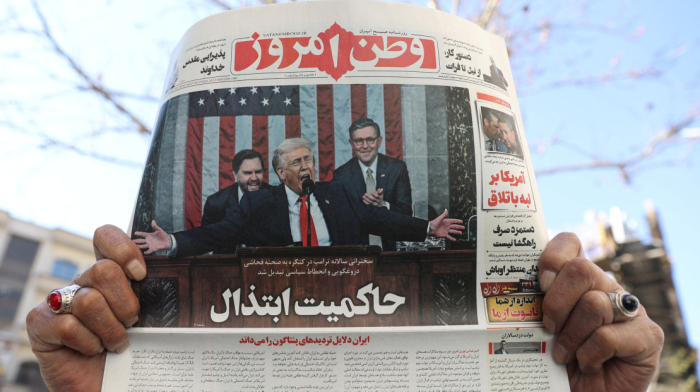
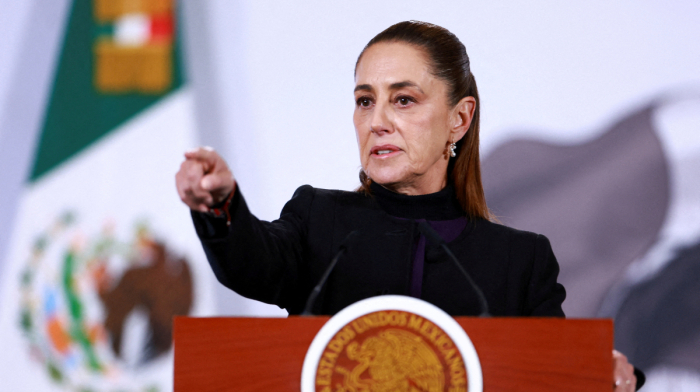

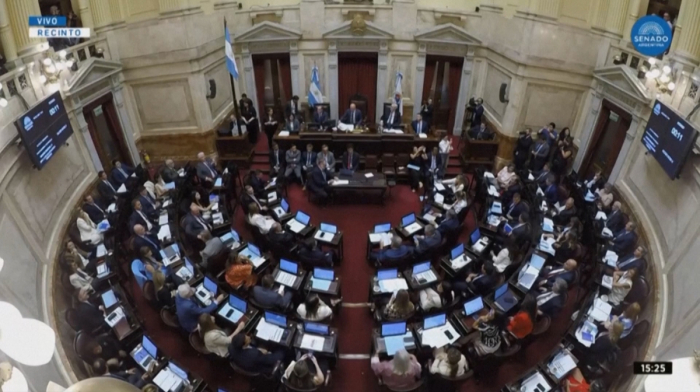


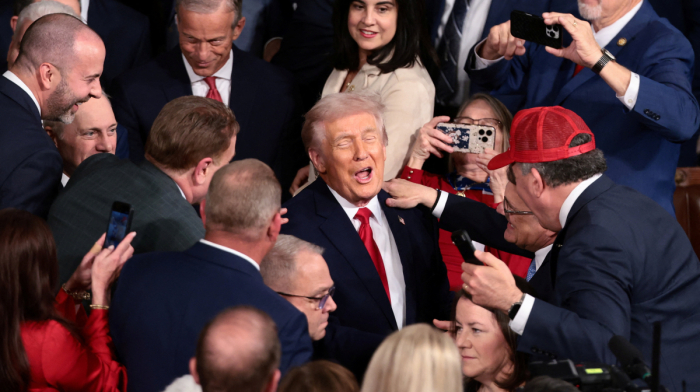
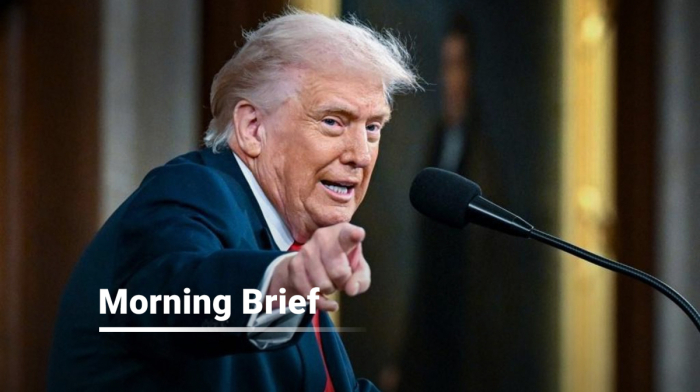

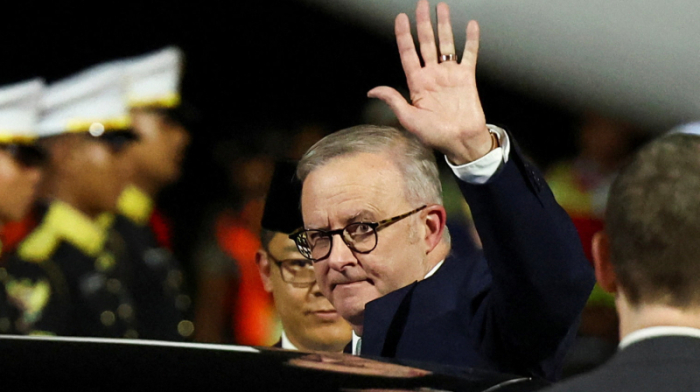


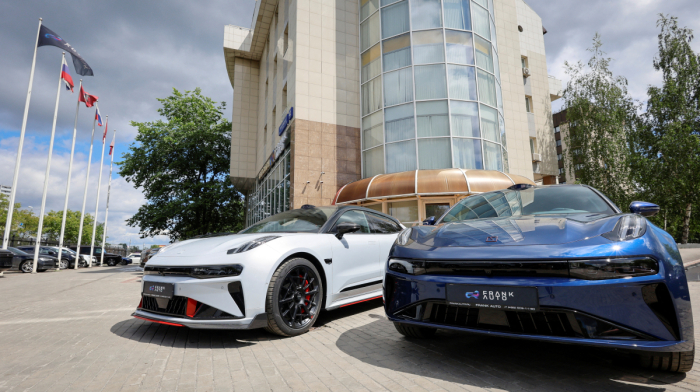
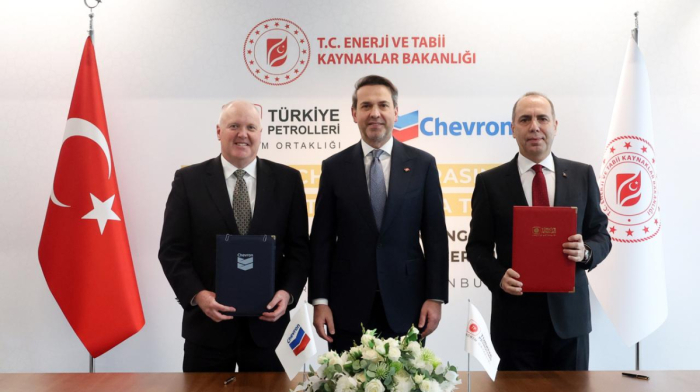
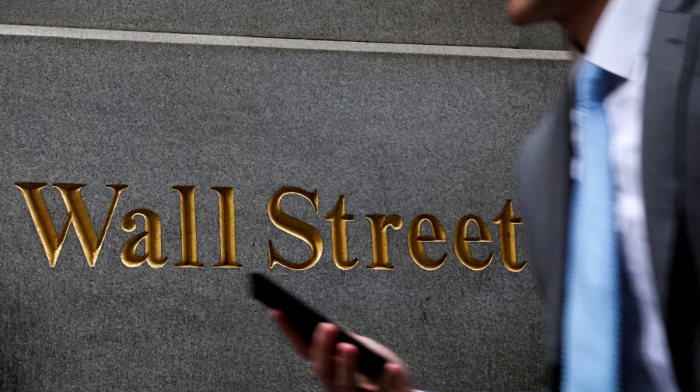



What is your opinion on this topic?
Leave the first comment